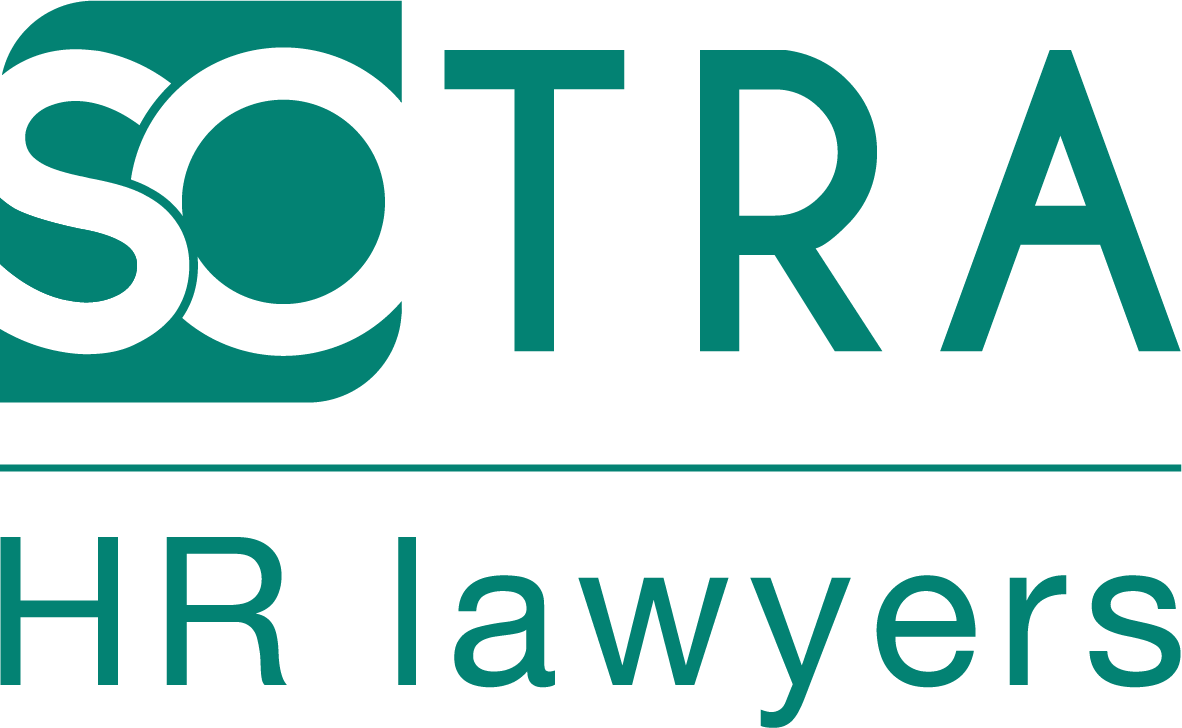
The notion of "reasonable accommodation" may include the obligation to offer alternative employment
The Court of Justice of the European Union clarifies the scope of the notion "reasonable accommodation" for disabled workers, following a request for preliminary ruling by the Council of State in 2020.

The Council of State asked the Court of Justice of the European Union whether the obligation to provide "reasonable accommodation" for a disabled worker also entails an obligation for the employer to offer the person concerned another job within the company. In its ruling of 10 February 2022, the Court of Justice clarifies the matter.
Context
During a traineeship, a worker in the public sector is declared permanently unfit to perform the function for which he was recruited. The employer ends his internship. The articles of association and the general rules applicable to Staff did not provide for any reclassification procedure for trainees (unlike permanent staff).
The trainee challenged this decision before the Council of State, arguing in particular that there was discrimination based on his disability. The trainee considered that his employer should have offered him another position instead of terminating his traineeship.
The Council of State referred to the Court of Justice of the European Union the question of whether the obligation to offer "reasonable accommodation" is limited to adaptations to the job or also includes the obligation to offer another suitable job within the company.
The Court of Justice's decision
The Court noted that recital 20 of Directive 2000/78 defines the notion of reasonable accommodation as "effective and practical measures to adapt the workplace to the disability, for example adapting premises and equipment, patterns of working time, the distribution of tasks or the provision of training or integration resources". However, the Court emphasised that this is not an exhaustive list.
The Court held that the notion of reasonable accommodation must, in view of the purpose of the Directive, be interpreted broadly and that reassignment to another job is likely to constitute an appropriate measure.
For the Court, the reference in the Directive to the accommodation of the "workplace" should be understood as meaning that that adaptation should be made as a matter of priority having regard to other measures which make it possible to adapt the working environment for the disabled person.
In other words, when, as in this case, the worker is declared definitively unfit for the position for which he was hired, the employer has the obligation to reassign him, provided that this obligation does not entail a disproportionate burden for the employer. In this respect, the Court specifies that the obligation to reassign exists only if there is at least one vacant post within the company that the employee could occupy.
What to remember?
According to the Court of Justice, the employer's obligation to provide reasonable accommodation for a disabled worker must be assessed primarily, but not exclusively with regard to the function performed by the latter.
Where such accommodation is not possible, the employer must offer the person concerned another job, if there is a vacancy for which the worker has the required skills, abilities and availability and if such reassignment does not impose a disproportionate burden on the employer.
An employer - private or public - who terminates the employment relationship without having examined the possibility of offering the disabled person another job can therefore be condemned for discrimination. This obligation applies regardless of the worker's status, i.e. whether he or she is permanently employed or is following a traineeship.
It should also be noted that in the context of a reintegration scheme, the employer was already obliged to offer an alternative job when the worker is declared definitively unfit for his or her job, but fit for another job.
Source: Court of Justice of the European Union, 10 February 2022, C-485/20.
